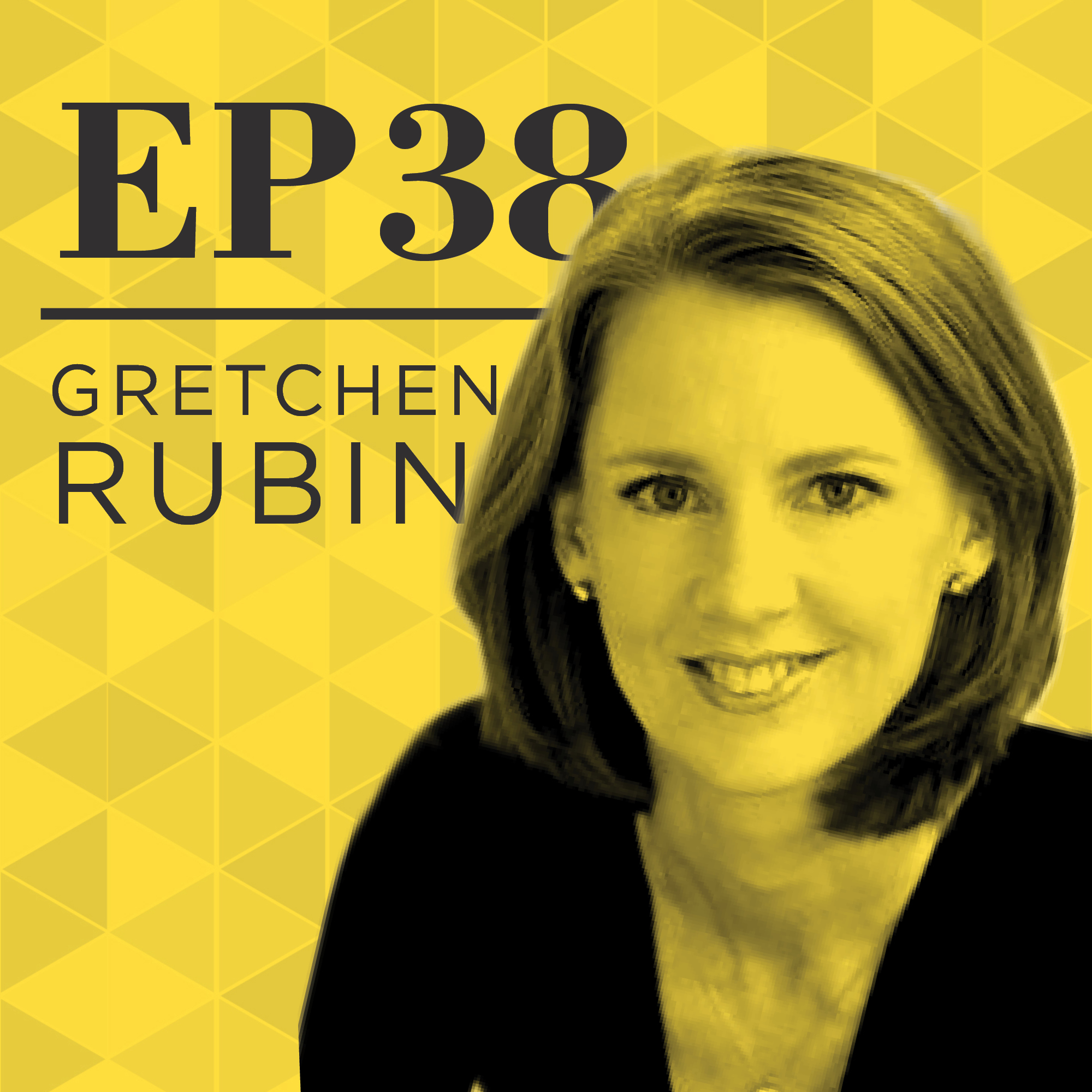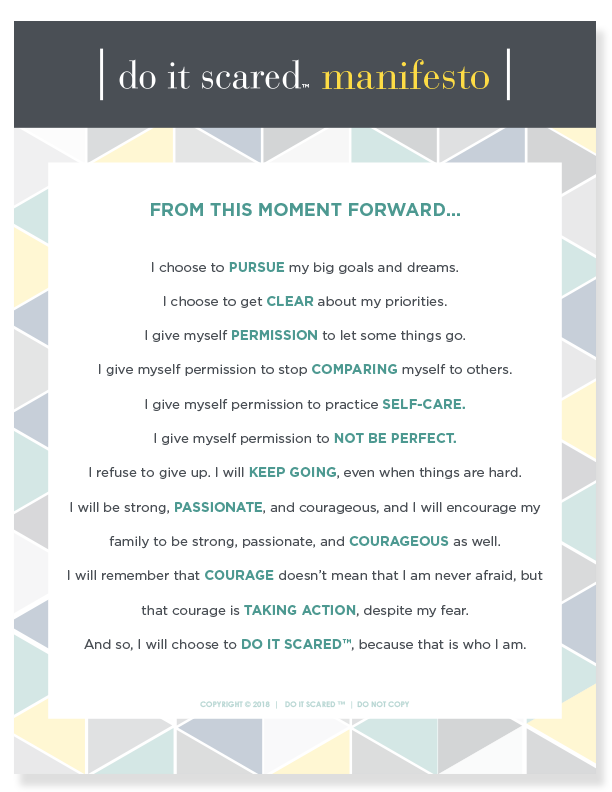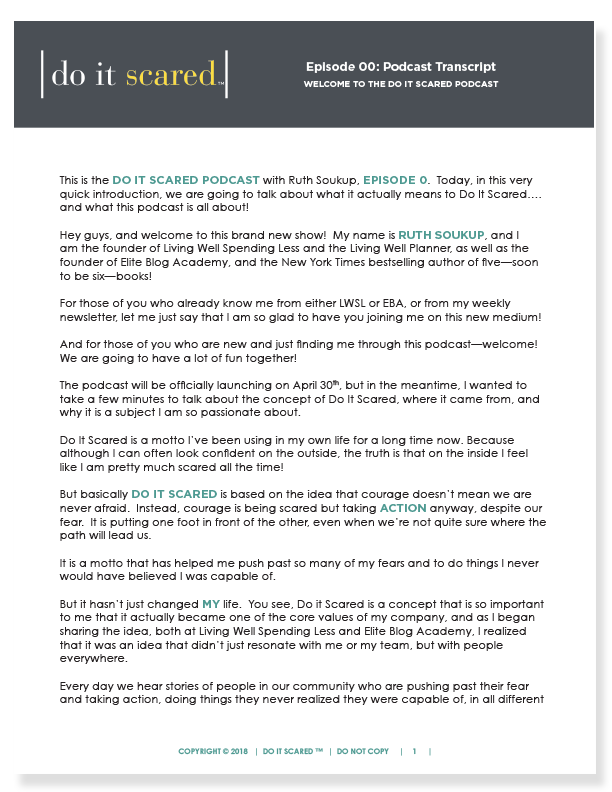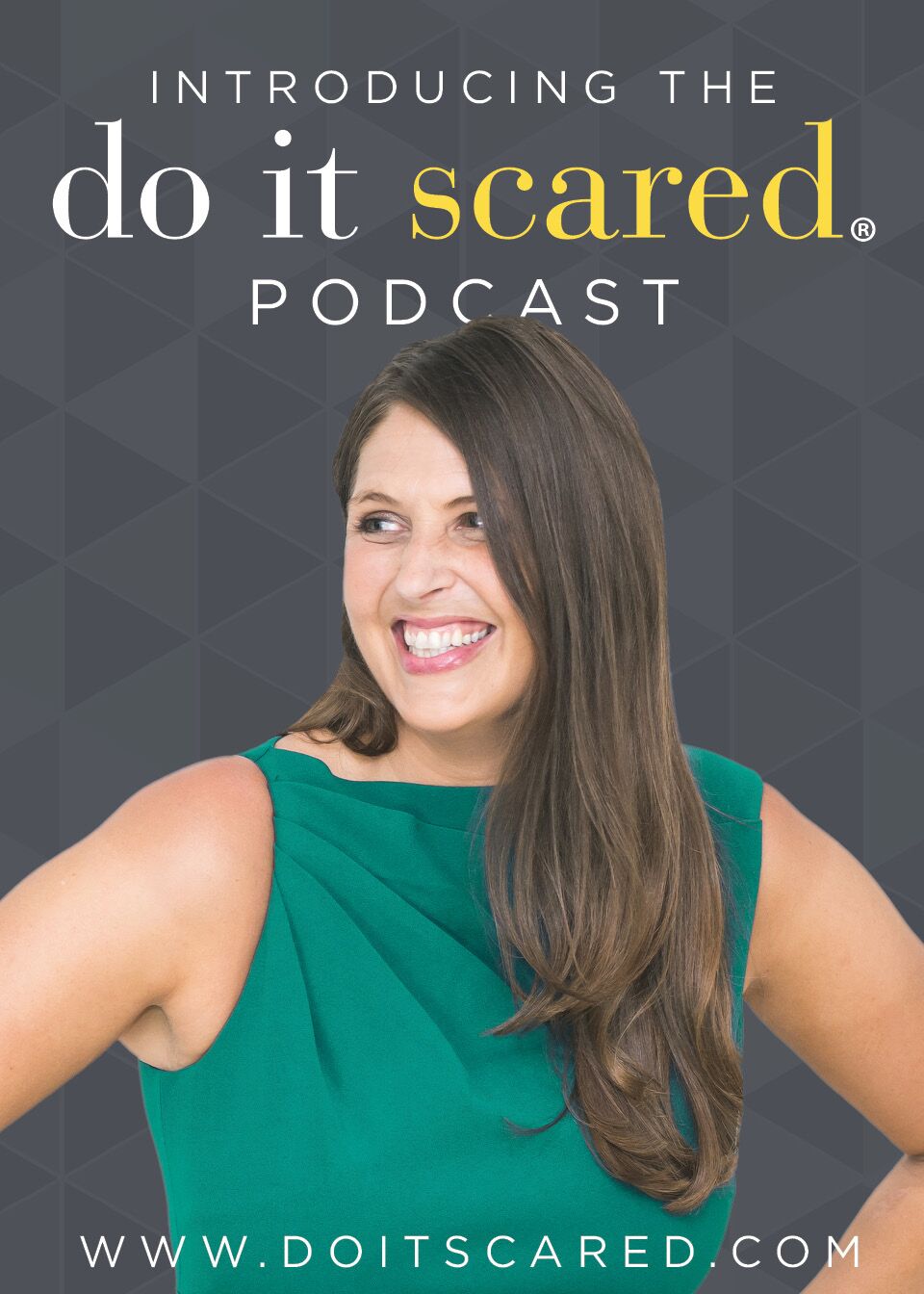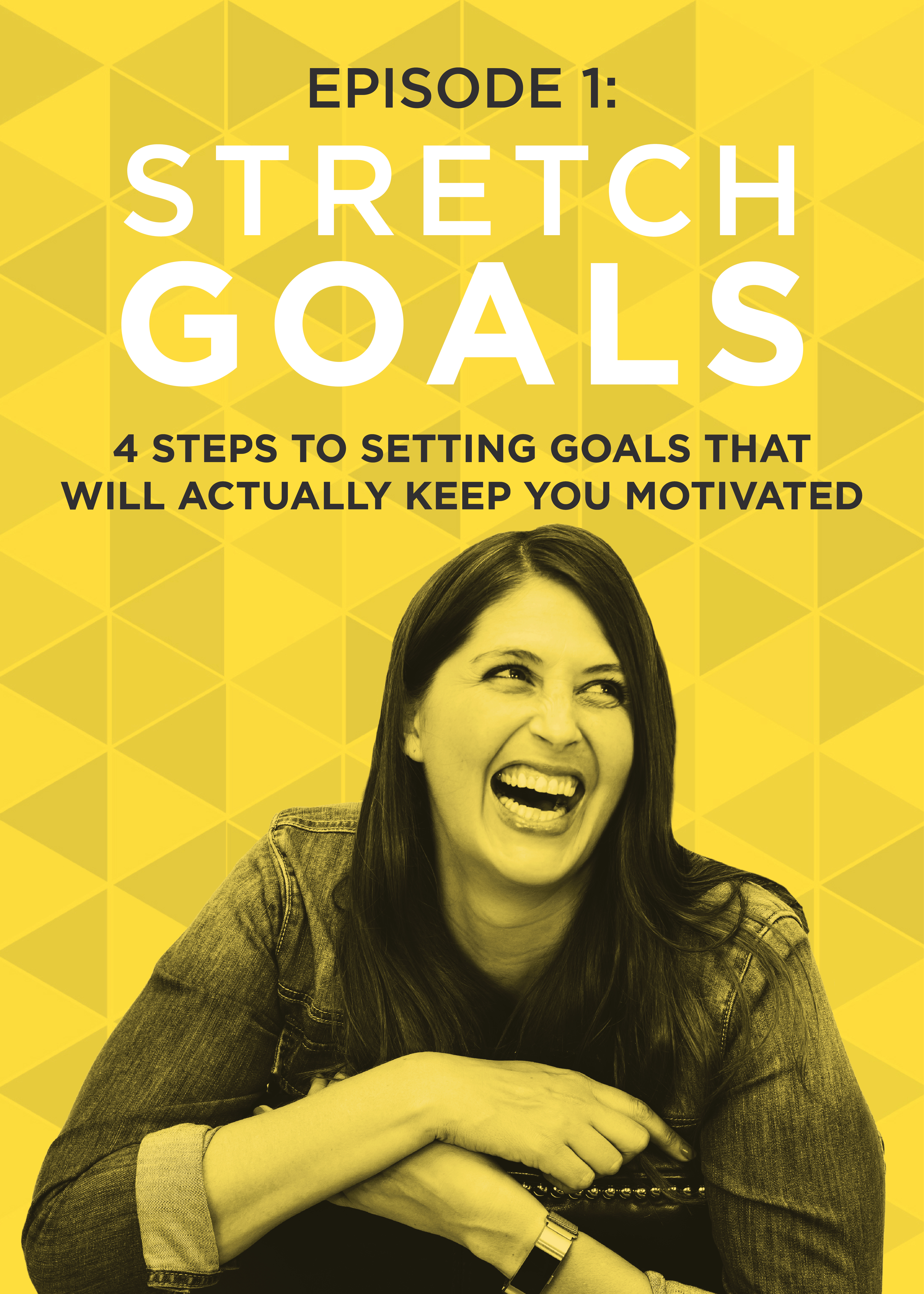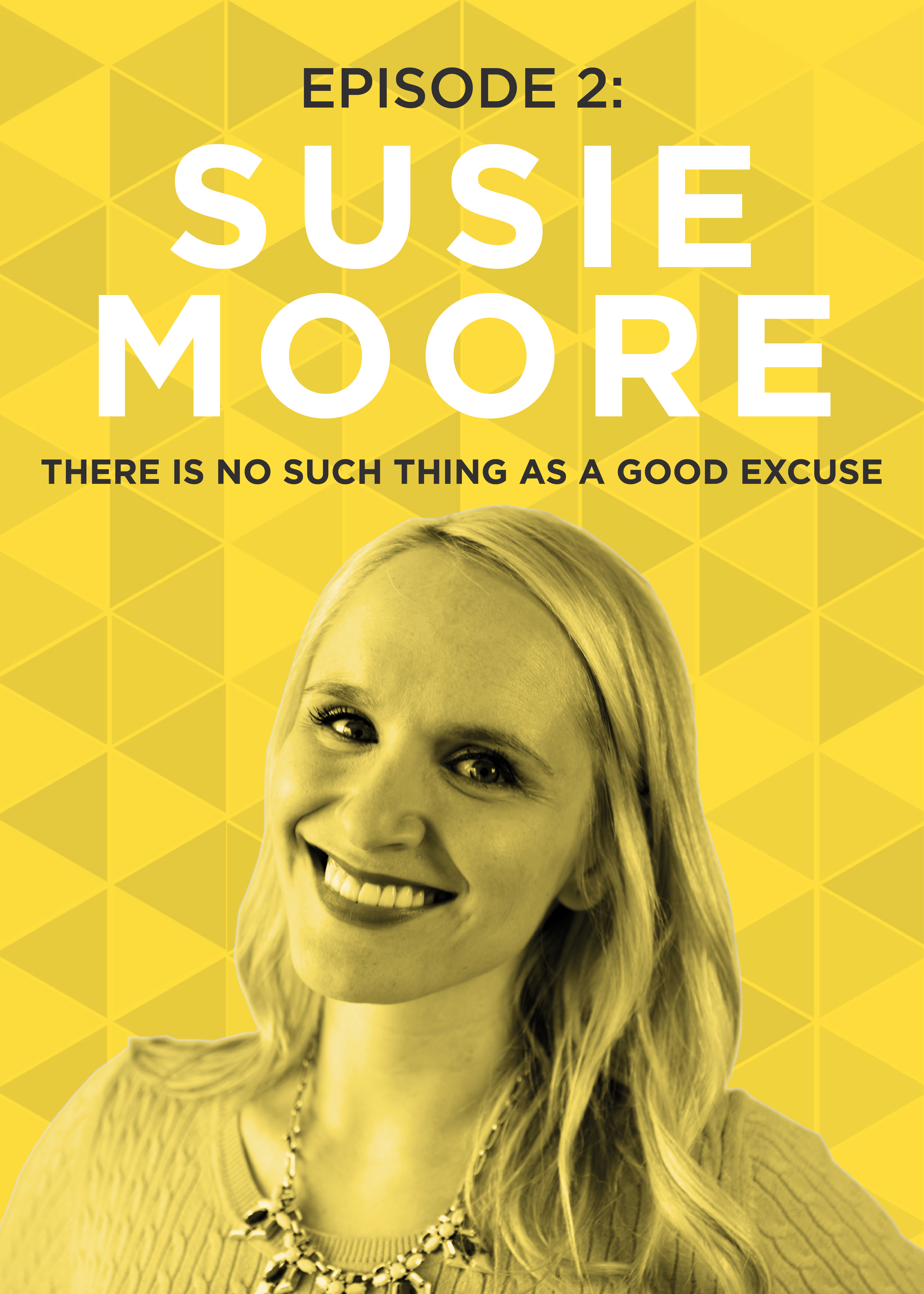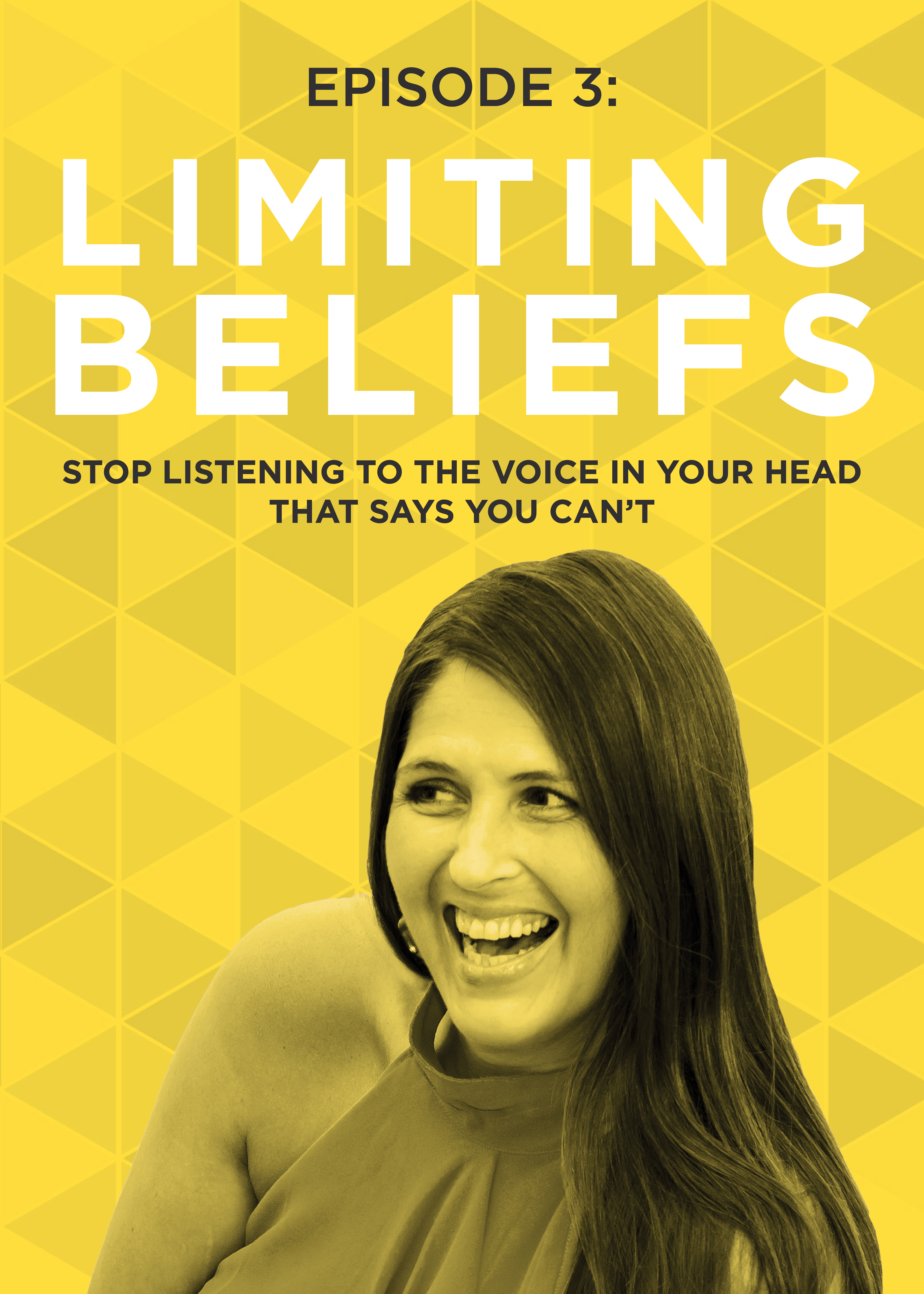I’m so excited for this episode! I’ve read all of Gretchen’s books, and I’m a huge fan. Gretchen is a health and happiness expert, and she’s here to help you set yourself up for success in the new year! This starts with getting real with yourself about exactly who you are, and how you operate. Working with your natural instincts, instead of fighting against them, can provide the change that you long to see in your life.
As you’ll learn from Gretchen today, there are four basic frameworks for how people respond to inner and outer expectations. You can be either an Upholder, a Questioner, an Obliger, or a Rebel. (If you’re curious which you are, take Gretchen’s quiz!) Within any of these types, you can also be an Opener or a Finisher, depending on which part of a project or task you’re most excited by.
This framework, Gretchen believes, is an inborn part of who you are. While a very few people manage to actually change which type of person they are, most people don’t actually change their type. Instead, they learn how to function well within their type. For example, an Obliger might realize subconsciously that they need outer accountability, so they’ll sign up for an exercise class or join a book club to make them do the things they want to do.
In this episode, Gretchen will also talk about why it’s so important to accept yourself as you are, and then use that self-knowledge to build a better life. We’ll talk about why it’s so important to figure out what the real problem is before you start working on a solution, and how you can use your natural tendencies to create a life you’ll love!
Highlights
[04:45] – For anyone listening who may not already be familiar with her and her work, Gretchen talks about who she is, what she does, and how she got to where she is today.
[06:06] – What were Gretchen’s first four books about?
[07:53] – Ruth and Gretchen talk about The Four Tendencies, which addresses the basic ways in which people respond to expectations. Gretchen then talks about what the Four Tendencies are.
[10:08] – We hear short descriptions of all four of the tendencies.
[11:28] – Gretchen asks Ruth a few questions to try to guess which type she is.
[15:02] – We hear about the dynamic between Rebels and Questioners.
[17:18] – Is the most useful aspect of the Four Tendencies knowing how to relate to other people or how to relate to yourself? How does one use this information?
[20:22] – Gretchen talks about what works for Obligers, since the strategy that works for Rebels doesn’t apply for them. She then lists what percentage of people are in each of the four categories.
[23:25] – What are the best ways to set up outer accountability? Gretchen answers, and reveals why sweethearts don’t make good accountability partners.
[26:44] – Gretchen discusses the question of whether your tendency is permanent or, whether it’s something you can change about yourself.
[29:33] – We hear about the difference between Openers and Finishers, and how this relates to the Four Tendencies.
[31:31] – Ruth talks about the KOLBE assessment and explains the types of results available on that test.
[34:34] – We learn about Gretchen’s book Better Than Before, which is actually where she introduced the Four Tendencies.
[36:31] – What advice can Gretchen give for people who want to set themselves up for success in the coming year?
[38:42] – Gretchen talks about the difference between abstainers and moderators.
[43:29] – Gretchen recommends her Checklist for Habit Change, which you can find on this page of resources!
[46:20] – We hear an example from Gretchen to illustrate the point that Ruth has been making about home design.
[48:14] – Sometimes people make resolutions while thinking about other people’s judgment of them, Gretchen points out.
[52:41] – Gretchen talks about her experiences in discussing people’s failed resolutions and goals with them.
[55:21] – What is something that has really scared Gretchen in her life, and how did she move past that fear?
[57:58] – We hear about Gretchen’s blog, which was about happiness from the beginning.
[60:51] – Other than her book, what is Gretchen fired up about right now?
[61:54] – What is the best piece that Gretchen has ever received, and why? She answers, then talks about where listeners can find her online.
Podcast: Play in new window | Download


